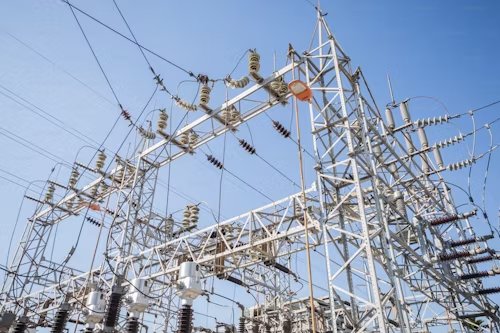The Federal Government, through the Transmission Company of Nigeria (TCN), has announced plans to investigate the cause of the power grid disturbances. These disturbances, as they have referred to them as, occurred on Monday and Tuesday. Despite reports of multiple collapses, Minister of Power Adebayo Adelabu denied a full grid collapse, clarifying that it was a “trip-off” instead.

TCN confirmed that the national grid experienced a partial disturbance on Monday, with recovery efforts still underway as of Tuesday. TCN spokesperson Ndidi Mbah explained that grid restoration began immediately, with Azura power station initiating the recovery. However, progress faced a setback on Tuesday morning, delaying full restoration.
According to multiple reports, the grid encountered another disturbance during the restoration process on Tuesday. Despite this, TCN managed to restore bulk power to about 90% of its substations nationwide. Power was returned to key areas such as Abuja and other major distribution centers by Tuesday evening. However, ,most other regions remained in darkness.
Mbah noted that the Ibom Gas generating station, isolated from the grid, continued supplying power to parts of the South-South region, including Eket, Ekim, Uyo, and Itu transmission substations.
Adelabu emphasized that the grid did not collapse entirely, but experienced a line tripping in certain areas. Major cities like Abuja, Lagos, and Ibadan were unaffected, and power was restored within two hours. He reassured that grid disturbances are common globally and that Nigeria’s quick response time minimized the impact.


